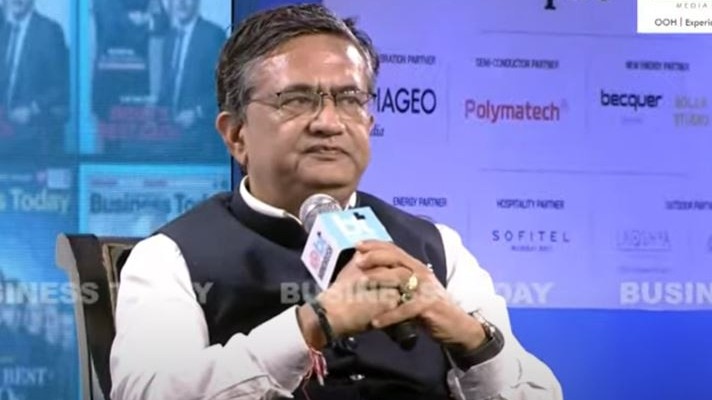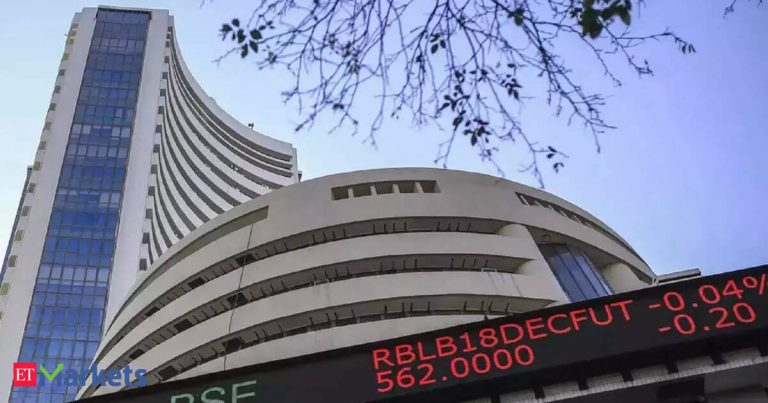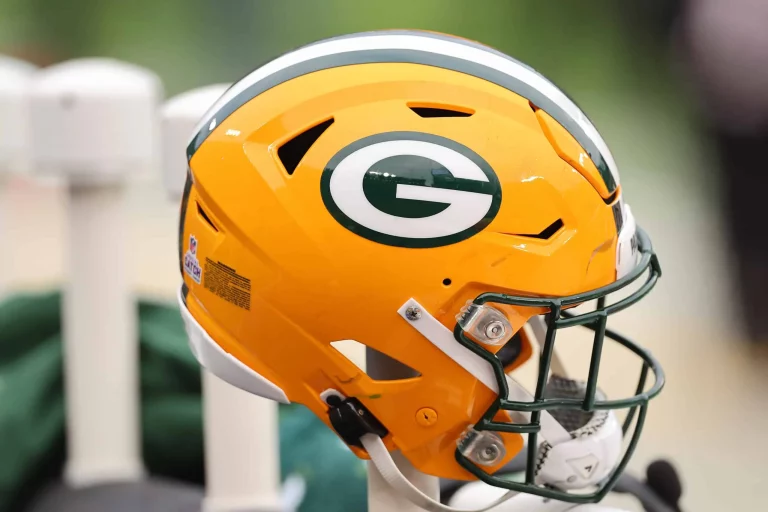India’s proposed Free Trade Agreement (FTA) with the United Kingdom is more than just an economic partnership—it’s a geopolitical signal, according to Ashish Chauhan, CEO of the National Stock Exchange (NSE). Speaking to Business Today TV, Chauhan highlighted how the deal not only accelerates bilateral trade but also positions India and the UK within a shifting global alliance structure, subtly distancing themselves from China.
“Almost 99% of all the exports from India are going to be zero tax,” Chauhan said. “This also tells you that the UK is taking sides with the US against China.” He suggested that the India-UK FTA could act as a broader framework or “template” for India’s ongoing trade talks with the European Union, the United States, and other partners.
Currently, India-UK trade stands at around $56 billion. Under the FTA, the goal is to push this figure to between $120 billion and $140 billion within five years—an ambitious target that implies a compound annual growth rate of over 18%. Chauhan emphasized that the agreement isn’t just about easing tariffs but also about laying groundwork for India’s role in the post-China global supply chain realignment.
The FTA includes key wins for India’s service sector, where it enjoys a $10 billion trade surplus with the UK. According to Chauhan, India’s strength in services “is where many of our professionals who are required to work in other countries sometimes get charged taxes for the social security which goes into the local kitty.” The deal will exempt Indian professionals from paying the UK’s social security tax for up to three years—savings estimated at nearly ₹4,000 crore annually.
Visas are also a crucial pillar. Indian professionals can now work in the UK for 18 months without needing a local office presence. “Many more Indian professionals are being allowed entry into the UK,” Chauhan said, calling the liberalised regime “very favourable.”
He also drew attention to opportunities in both directions—including the possibility of Indian companies acquiring traditional UK brands. “It’s going to be quite interesting for Indian-owned Scotch whisky coming into India from the UK,” Chauhan said. But he also pointed to a potential reverse trend: “It’s possible that the Indians might do to Scotch whisky what China did to the Italian fashion industry—buying over manufacturing and production companies.”
That comparison is telling. For decades, China has strategically acquired foreign brands and supply chains, embedding itself deeper into Western consumer markets. India, now leveraging its demographic scale and diplomatic realignment, may be looking to replicate—and redefine—that strategy on its own terms.
Beyond alcohol, the deal also opens up significant access in pharmaceuticals, agriculture, fisheries, textiles, and leather. Chauhan called the FTA a long-awaited alignment of trade interests, one that “scores for India” in sectors where the country has historically been strong but under-leveraged.







